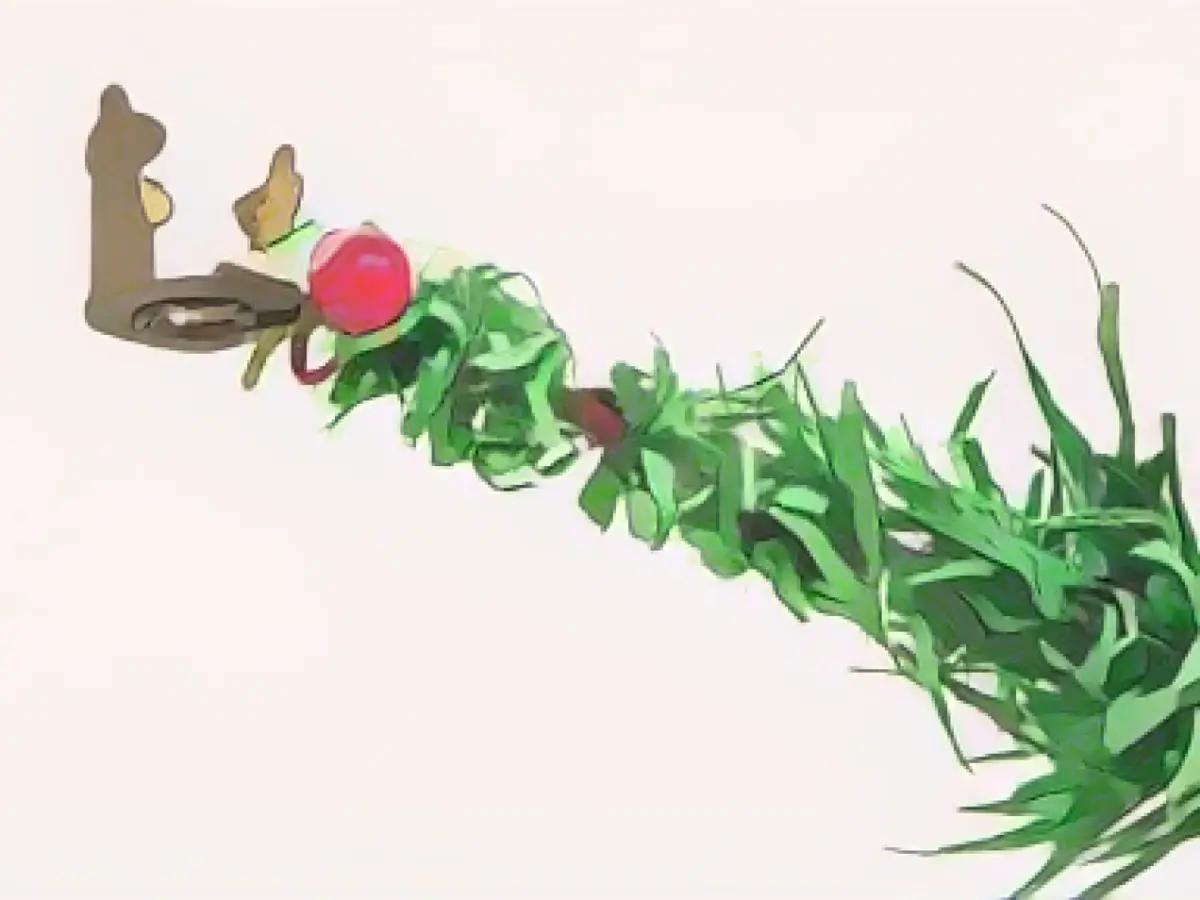Buying an Eco-Friendly Christmas Tree: Navigating Pesticide Residues in Germany
When it comes to Christmas trees, many Germans are willing to pay a premium for sustainable, fair-trade options, as highlighted in the latest Stern magazine. But what about pesticide residues in Germany's homegrown fir trees? Let's dive into the guidelines for making environmentally conscious Christmas tree purchases.
Sustainable Choices vs. Pesticide Residues
While the environmental impact and sustainability of different types of Christmas trees should be considered, pesticide residues are a growing concern, especially in Germany's fir tree production. Here's how to make an informed choice:
- Eco-Friendly Alternatives
Trees from Scandinavia, where they adhere to strict environmental guidelines during planting and harvesting, are a popular alternative to local German trees. These efforts create a more sustainable and fair option for both the environment and global societies.
- Guiding Principles for Pesticide Residue Monitoring
US Environmental Protection Agency (EPA) guidelines focus on the safe application of pesticides like chlorantraniliprole-containing products like A1110.04, but it's regulatory agencies or third-party organizations that conduct actual residue monitoring. In Germany, it might be the Federal Office for Consumer Protection and Food Safety (BVL).
- Making an Environmentally Conscious Choice
To make an informed decision about your Christmas tree, consider the following guidelines:
- Sustainable Practices: Opt for trees grown using sustainable practices, like those with Forest Stewardship Council (FSC) certification, ensuring responsible forest management.
- Local and Organic Options: Choose locally grown trees to reduce transportation emissions and select organic or sustainably grown trees with lower pesticide usage.
- Certified Trees: Opt for trees that have been certified as pesticide-free or grown using integrated pest management (IPM) practices. These certifications can help you avoid pesticide-treated trees.
- Local Authority Information: Consult local authorities or forestry associations for information on sustainable Christmas tree options and regional pesticide use.
- Additional Considerations
- Tree Species: Pest-prone tree species may require more pesticide use, so selecting less susceptible species can help mitigate this issue.
- Certifications and Labels: Look for certifications or labels indicating environmentally friendly practices, ensuring that your tree has not been treated with hazardous pesticides.
By following these tips, you can make a festive and eco-friendly Christmas tree choice without sacrificing your well-being or the environment's. Happy Holidays!








